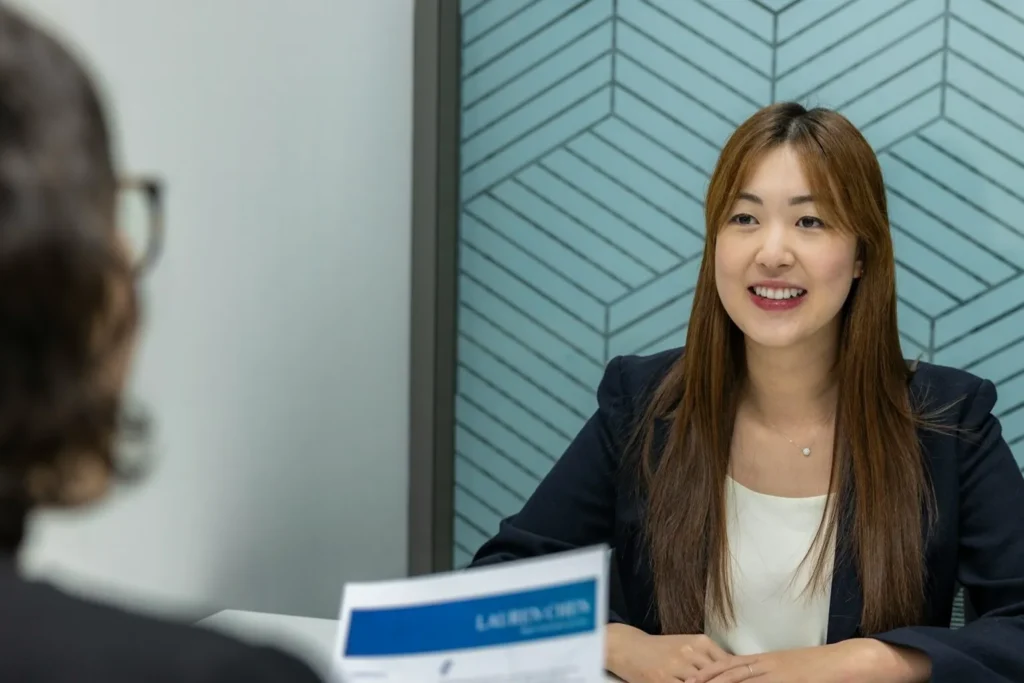
The S Pass Singapore is a work visa designed for mid-skilled foreign professionals seeking employment in the country. It allows companies to hire talented individuals who may not meet the criteria for an Employment Pass but still bring valuable skills and expertise. Eligibility for the S Pass Singapore depends on multiple factors, including educational qualifications, relevant work experience, and employer sponsorship. Unlike other work passes, the S Pass is subject to a quota system, which means employers must balance company allocation with individual applicant credentials. Industries like manufacturing, services, and technical roles are common sectors for S Pass holders. Applicants must also meet minimum salary requirements, which vary depending on experience and the specific job. Understanding these basic criteria is essential for both applicants and employers to navigate the S Pass Singapore application process effectively.
Role of Educational Qualifications in S Pass Singapore Eligibility
Educational qualifications significantly impact S Pass Singapore eligibility. Applicants are typically required to have a diploma, degree, or professional qualification from a recognized institution. Both local and international qualifications are accepted, provided they meet the Ministry of Manpower’s (MOM) verification standards. Higher education levels can enhance approval chances, especially if the qualification aligns closely with the job requirements. Professional certifications relevant to the industry can further strengthen an application, highlighting the applicant’s specialized skills. Non-traditional qualifications, such as online courses, may also be considered but often require additional verification. Employers must ensure that all submitted documents are accurate and authentic. Meeting educational requirements is vital but must be complemented with relevant work experience to maximize S Pass Singapore eligibility.
Significance of Work Experience
Work experience is another critical factor in determining S Pass Singapore eligibility. MOM evaluates both the length and relevance of the applicant’s experience to the intended role. Typically, candidates with at least two to three years of relevant experience are considered suitable. International work experience is recognized as long as it is verifiable and relevant. Employers play a central role in validating experience by providing references and ensuring proper documentation. In some cases, extensive work experience can compensate for lower educational qualifications. Conversely, highly educated applicants with limited experience may need additional certifications or proof of skills. Presenting a clear record of responsibilities and accomplishments improves the chances of S Pass Singapore approval.
Balancing Qualifications and Work Experience
The evaluation process for S Pass Singapore applications balances educational qualifications with work experience. For example, an applicant with a diploma and ten years of relevant work experience may qualify over someone with a degree but minimal experience. MOM uses a points-based system to assess overall eligibility, considering both qualifications and job-relevant experience. Experience in unrelated fields may not significantly boost eligibility, so relevance is key. Employers generally prioritize candidates who demonstrate career growth and responsibility within their industry. Combining strong qualifications with substantial experience enhances credibility and increases the likelihood of approval. Understanding how these factors interact allows applicants to strategically present their profile for S Pass Singapore eligibility.
Employer’s Role in the S Pass Singapore Application
Employers play a crucial role in the S Pass Singapore application process. They must verify the applicant’s qualifications and work experience to ensure compliance with MOM regulations. Complete documentation, including diplomas, certificates, and references, is essential to avoid delays or rejection. Companies must also consider their S Pass quota, as exceeding it can affect individual applications. Providing accurate job descriptions and salary information is important because MOM evaluates whether the role and compensation match the applicant’s profile. Employers who carefully prepare and submit thorough applications increase the chances of approval. A clear understanding of sponsorship responsibilities ensures a smoother S Pass Singapore process for both employers and applicants.
Common Challenges and Pitfalls
Several challenges can impact S Pass Singapore eligibility, often arising from misunderstandings of qualification and experience requirements. Incomplete or inaccurate documentation is a frequent reason for application rejection. Applicants may overestimate the relevance of their work experience or fail to provide verifiable proof. Miscalculating minimum salary requirements is another common pitfall, as this varies depending on the industry and experience level. Employers may face issues if the company’s quota for S Pass holders is already filled. Awareness of these challenges allows both applicants and employers to prepare more effectively. Proper planning and thorough documentation reduce the risk of delays or rejection, improving overall chances of S Pass Singapore approval.
Tips to Improve S Pass Singapore Eligibility
Improving eligibility for an S Pass Singapore involves strategic planning of both qualifications and work experience. Pursuing industry-specific certifications or courses enhances an applicant’s profile. Gaining additional relevant work experience strengthens credibility and demonstrates competence. Verified references and proper documentation of professional achievements are critical. Applicants should ensure they meet minimum salary requirements and possess the required educational qualifications. Employers can support candidates by submitting detailed job descriptions and verifying all documentation. Staying informed about MOM’s evaluation criteria and quota system helps applicants and employers plan strategically, boosting the likelihood of S Pass Singapore approval.
Frequently Asked Questions (FAQ)
Can experience in a different industry count toward S Pass Singapore eligibility?
Yes, as long as the experience demonstrates transferable skills relevant to the role. MOM evaluates responsibilities and relevance.
Are online degrees or certifications recognized for S Pass Singapore applications?
Yes, accredited and verifiable online qualifications are accepted, though additional documentation may be required.
How long should an applicant’s work experience be to qualify for an S Pass Singapore?
Typically, two to three years of relevant experience is expected. More extensive experience can improve chances, especially with moderate qualifications.
Does part-time or freelance work count toward eligibility?
Part-time and freelance experience may be considered if verifiable and relevant. Supporting documents like contracts or references are necessary.
How does employer sponsorship influence S Pass Singapore approval?
Employer sponsorship is essential, as the company verifies qualifications, provides salary information, and submits the application. Proper sponsorship increases the likelihood of approval.





